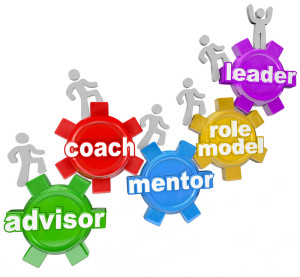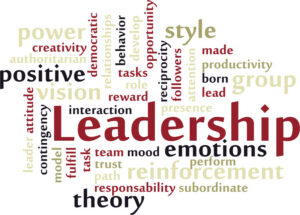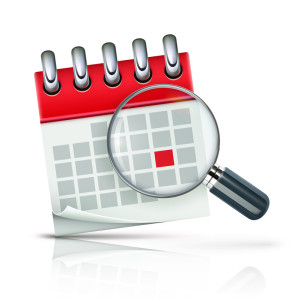This week marks 10 years since I became a blogger! With a focus on the intersection of healthcare and technology, a lot has happened in 10 years. For my regular readers, you know I cover much more than healthcare and technology including leadership, career advice, women’s issues, and yes, even politics. And I weave in personal stories at times.
healthcare and technology including leadership, career advice, women’s issues, and yes, even politics. And I weave in personal stories at times.
When I started this blog in 2014, I was serving as the CIO at University of Michigan Hospitals and Health Centers. The social media coordinator in the Communications department encouraged me to start and helped set it up. I leaned on our IT chief of staff to help manage it. From the start, I assumed that I had multiple audiences to speak to – my IT staff (I encouraged them to subscribe but promised to continue my monthly CIO messages aimed at just them), our health system staff, health IT colleagues in the industry, and anyone else who was interested. My first blog was about our major Epic go live a few days later – “Three days and counting….”. It was the first of many practitioner based blogs over the years.
So, why blog? As I wrote in my “About” page:
“One of my passions is the development of the next generation of IT leaders, especially young people who are beginning their careers or who are beginning to take on leadership roles. I’ve been there: a young mother of two with a full-time management job while a part-time graduate student. I remember the years when I was the only woman at the leadership table. With this weekly blog, I share perspectives on the critical issues facing Health Care IT, the organizational transformations that IT organizations face, the challenges of leadership, and the work we need to do together to keep the paths of opportunity open for all. What we do matters.”
When I left Michigan in early 2016 to start down a path of interim management, consulting and leadership coaching, I took over the blog myself and committed to continuing writing weekly. I had relevant topics each week as I served in four different organizations in interim IT leadership roles in subsequent years and launched StarBridge Advisors with colleagues in late 2016.
If you are a subscriber, you know that my weekly commitment has waned in the past year, and I publish less frequently. As I have reduced and refocused my work commitments, topic ideas come to me less frequently – mostly from events in the industry and beyond, articles, discussions with people I coach and mentor, and my regular contact with health IT leaders.
There have been times when I just can’t be silent on something and go more political. Continue reading







